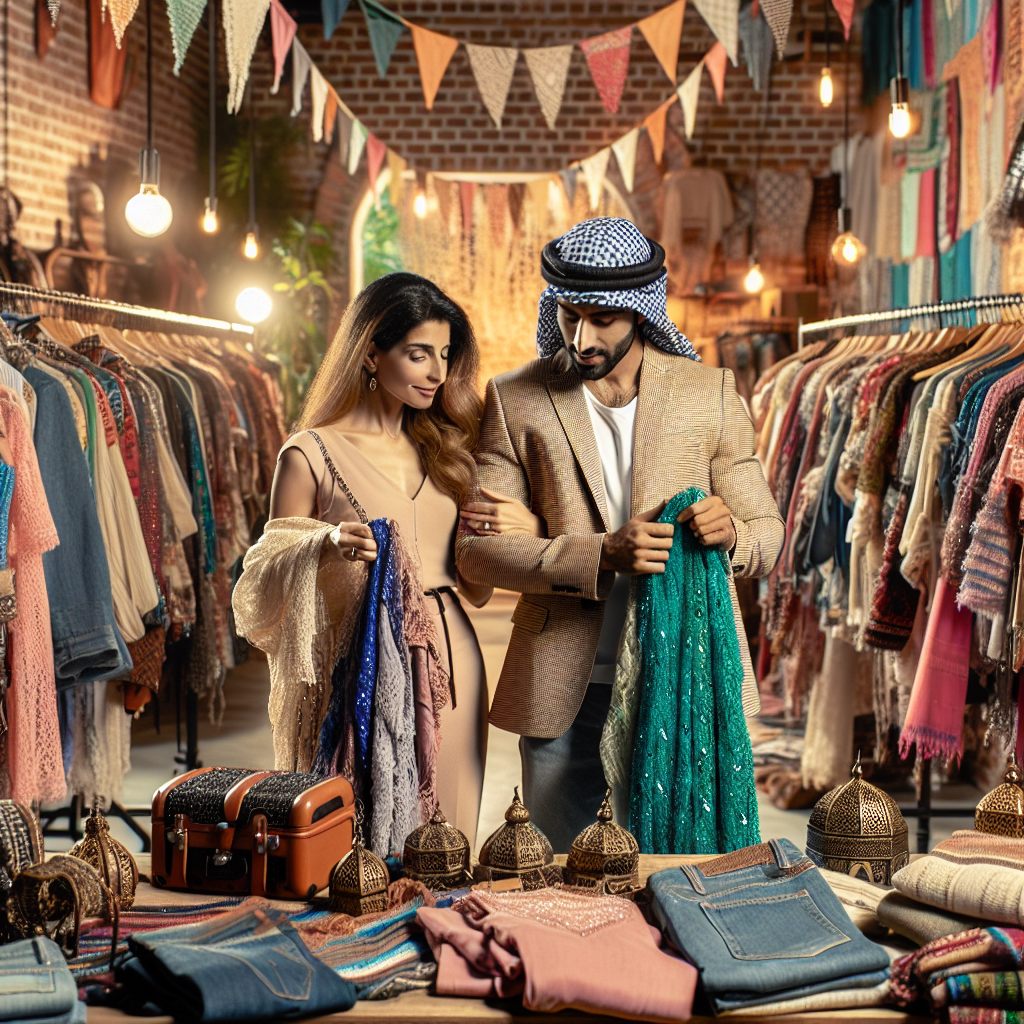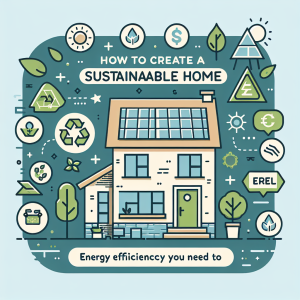Introduction
In recent years, the fashion industry has witnessed a remarkable shift towards sustainability. At the forefront of this movement is upcycled clothing and accessories, a trend that is redefining how we view fashion. Upcycling turns discarded materials into new products, minimizing waste and promoting creativity.
The Concept of Upcycling
Upcycling goes beyond recycling by enhancing the original product’s value. It involves transforming used textiles, thrift store finds, and other discarded materials into stylish, wearable items. Artisans and designers are now exploring innovative techniques to breathe new life into old pieces.
Why Upcycled Fashion?
As environmental awareness grows, consumers are becoming more conscious of their fashion choices. The traditional fast fashion model is being scrutinized for its detrimental impact on the environment, which includes wasteful production processes and pollution. Upcycled fashion addresses these concerns by:
- Reducing waste by utilizing materials that otherwise would have been discarded.
- Encouraging creativity and individuality in fashion choices.
- Supporting ethical practices and small-scale craftspeople.
Popular Approaches to Upcycling
Designers are employing various methods to create trendy upcycled pieces:
- Patching and Mending: Stitching together various fabrics to create unique garments.
- Reimagining Vintage: Updating or reworking vintage clothing to align with contemporary trends.
- Accessory Transformation: Transforming items like bags or shoes into something entirely new.
Brands Leading the Charge
Several brands have carved out a niche in upcycled fashion, demonstrating that style and sustainability can go hand in hand. Some notable examples include:
- Reformation: Known for its eco-friendly practices and use of recycled materials.
- Patagonia: Committed to reducing waste through its Worn Wear program, which promotes repair and resale.
- ELK: An Australian brand that focuses on ethical production while incorporating upcycled elements into their collections.
The Future of Upcycled Fashion
As the demand for sustainable fashion continues to rise, upcycled clothing and accessories are likely to gain even more traction. Incentivizing a circular fashion economy, where materials are reused and repurposed, may indeed become the norm. Consumers are increasingly looking for authenticity and individuality, making upcycled items a sought-after choice.
Conclusion
Upcycled fashion represents not only a trend but a vital movement towards conscious consumerism. By embracing the charm of the old and stepping away from the linear consumption model, we can shape a more sustainable future for the fashion industry—one that is rich in creativity and environmental stewardship.


